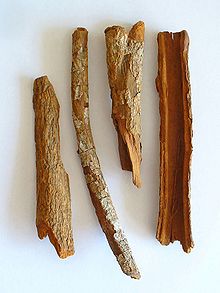Paraherbalism

Paraherbalism is the pseudoscientific use of extracts of plant or animal origin as supposed medicines or health-promoting agents. Phytotherapy differs from plant-derived medicines in standard pharmacology because it does not isolate and standardize the compounds from a given plant believed to be biologically active. It relies on the false belief that preserving the complexity of substances from a given plant with less processing is safer and potentially more effective, for which there is no evidence either condition applies.
Phytochemical researcher Varro Eugene Tyler described paraherbalism as "faulty or inferior herbalism based on pseudoscience", using scientific terminology but lacking scientific evidence for safety and efficacy. Tyler listed ten fallacies that distinguished herbalism from paraherbalism, including claims that there is a conspiracy to suppress safe and effective herbs, herbs can not cause harm, that whole herbs are more effective than molecules isolated from the plants, herbs are superior to drugs, the doctrine of signatures (the belief that the shape of the plant indicates its function) is valid, dilution of substances increases their potency (a doctrine of the pseudoscience of homeopathy), astrological alignments are significant, animal testing is not appropriate to indicate human effects, anecdotal evidence is an effective means of proving a substance works and herbs were created by God to cure disease. Tyler suggests that none of these beliefs have any basis in fact.
Comments
Post a Comment